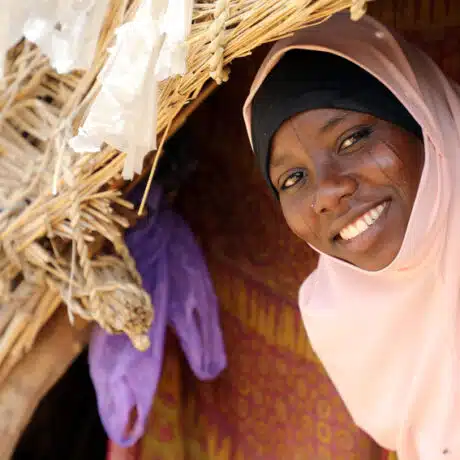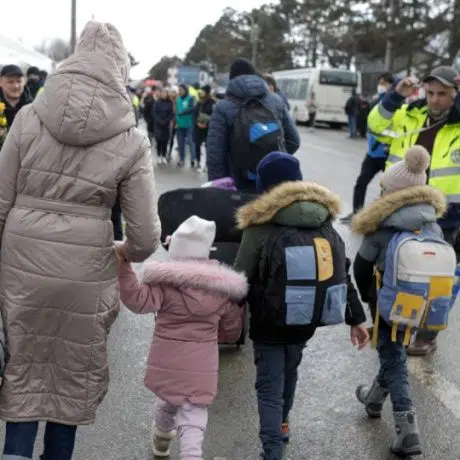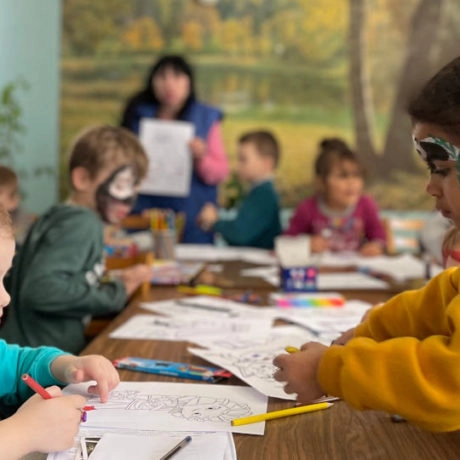News and Stories - Child Protection - 14 November 2019
Syrian Girls in Crisis: Voices from Beirut
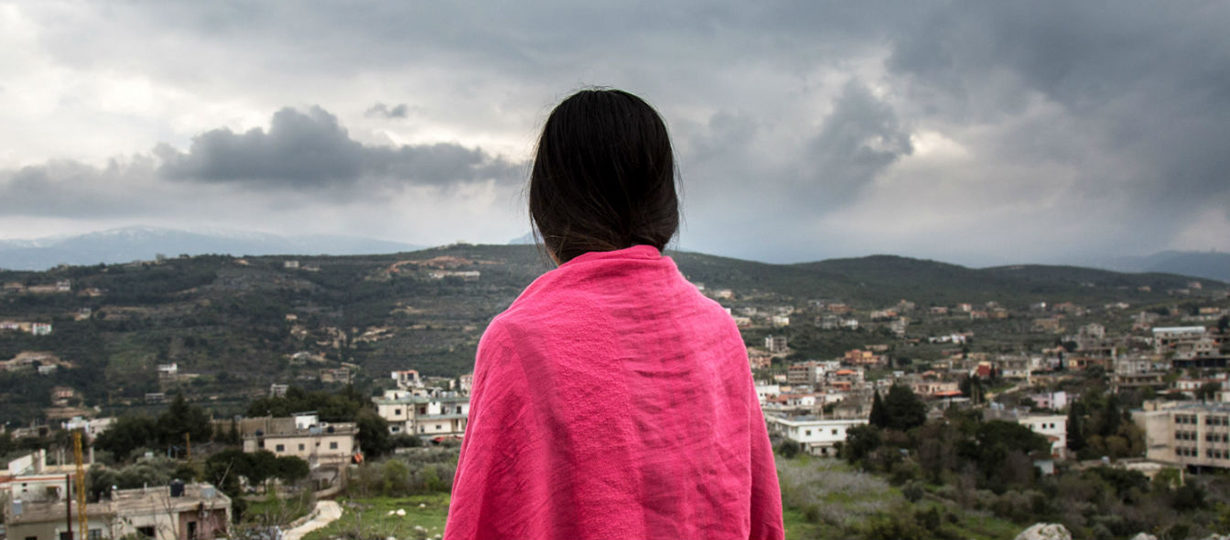
What is life like for a girl forced to flee her home and live in an unfamiliar city? That’s the question we’ve sought to answer in the fourth instalment of our Adolescent Girls in Crisis.
Lebanon is home to the greatest number of refugees per capita in the world and our latest report, produced in partnership with Monash University’s Gender, Peace and Security research centre focuses on the recent influx of 1.5 million refugees fleeing the conflict in Syria.
50 percent of registered Syrian refugees are under the age of 18 and adolescent girls are particularly vulnerable in these settings, where the everyday inequalities they already face are heightened by violence, poverty and displacement, and their needs and voices aren’t often heard.
Our report, based on surveys and group discussions with 400 girls aged 10-19 in Beirut found:
- More than half said girls their age face physical and sexual violence, sexual harassment and emotional and verbal abuse where they live
- Numerous girls spoke of being harassed or chased by men and boys and some were concerned about being kidnapped or raped
- Six percent were married and four percent were engaged
- 69 percent of girls said they felt unsafe travelling around the city alone
- More than half felt isolated and lonely
- School attendance plummets when girls reach 14 – only 39 percent of 15-19-year-old’s attend school
Through our research and work in emergency settings like Lebanon, Plan International aims to amplify the voices and concerns of girls, to ensure they have the opportunity to learn, socialise and have a say over their bodies and their futures.
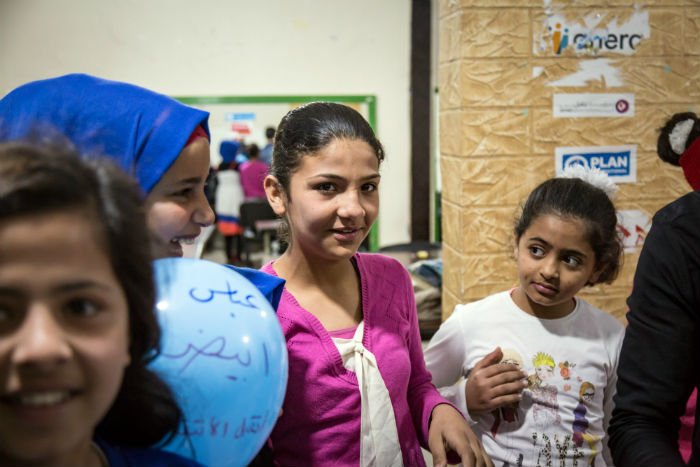
We’ve been working with local organisations on the ground, to offer psychosocial support and activities for both Syrian and Lebanese children living in vulnerable circumstances. Social workers have been trained to identify children at risk of child marriage, child labour or violence and work with the parents to achieve a positive change.
Our work with teenagers seeks to prevent child marriage and provide information on sexual and reproductive health, gender-based violence and the social services that are available in their neighbourhoods.
Younger children, like 12-year-old Raghad (pictured), are given a safe space to play and learn about their rights, their health and safety as well as the risks and consequences of child labour and child marriage.
For Raghad, the child friendly space has become a sanctuary and escape from the realities of life as a Syrian refugee, “Coming here makes me happy. Happiness is not something I have at home.” She says.
You can help support girls in Lebanon, like Raghad, to have their needs and rights met by donating to Plan International Australia



